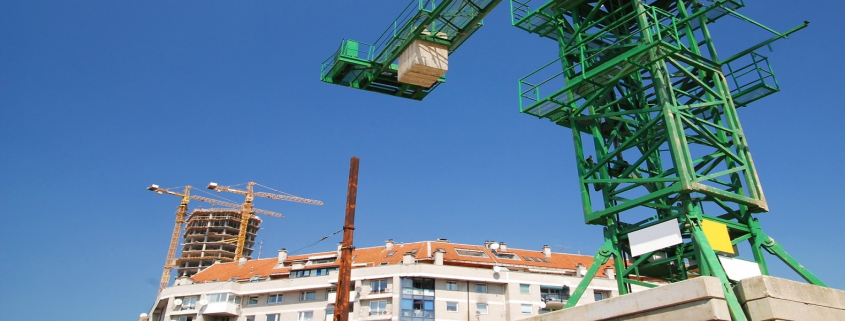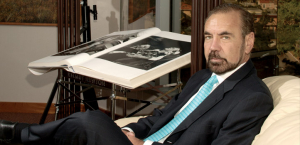The CEO of the Greater Miami Chamber of Commerce has a worry that many civic leaders in smaller and less prosperous areas would like to share: development is plunging ahead at breakneck speeds.
“There’s been so much commercial development in Miami and Dade County, that’s one reason why we made the top 20 list for Amazon,” Alfred Sanchez tells Globe.St. com.
He was referring to Miami earlier this year being named in the final 20 cities for Amazon’s new second headquarters in North America, what they’ve dubbed HQ2. The online giant started out with more than 320 locations and whittled it down dramatically.
“What I really worry about is that development is happening so quickly with such a large volume of stuff that’s going to happen that we get ahead of planned development,” Sanchez says.
Traffic is Growing Issue
One particular concern: congested traffic.
“That’s our number one issue, so that when you live here, you’re not stuck in traffic all day long in the downtown area,” Sanchez says.
He cites promising new commercial developments moving the area forward such as the Chinatown project in North Miami. It was recently in the news as requests were made for proposals from architectural firms.
The Chinatown Cultural Arts & Innovation District is to be comprised of 16 blocks of commercially zoned land along Northwest Seventh Avenue between 119th and 135th streets. The area is to be complete with parks, green space, bike lanes and rooftop gardens, along with pagodas, canals and an entrance inspired by the Ming Dynasty.
Many Major Projects Planned
Another promising project he mentioned: Developer Moishe Mana recently secured a $20.13 million construction loan to build Mana Wynwood Americas-Asia Trade Center & International Financial Center. Mana plans to build a center which will feature 10 million SF of commercial space as a trade hub to encourage and facilitate trade between China, Asia, Latin America, North America and the Caribbean. The project will be built in multiple phases with phase 1 including the development of 8.5 acres of Wynwood with 4.68 million SF of Class A office space, showrooms, retail, hotels and other development.
As for infrastructure keeping up with development, Sanchez cites work by the New World Center committee originally formed by the chamber in 1976. Their goal is to “have a catalytic influence on downtown projects in respect of the public and private sectors.”
An area the chamber is looking at as a priority is traffic.
“You need a master plan and the chamber plays a big part in it. We’re trying to develop transit solutions,” Sanchez says.
Source: GlobeSt.



